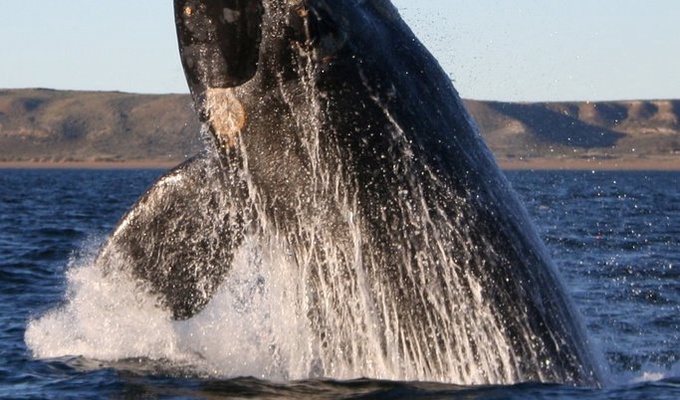Whales are large, fully aquatic mammals belonging to the infraorder Cetacea, which also includes dolphins and porpoises. They are divided into two main groups: baleen whales, which filter-feed on small organisms such as plankton, and toothed whales, which hunt fish and squid. Whales evolved from land mammals and must surface to breathe air through blowholes. Adapted to marine life, they have thick layers of blubber and streamlined bodies. Historically, their large size and high fat content made them valuable sources of meat, oil, and baleen.
Whales were hunted extensively for food by indigenous Arctic peoples and, during the medieval and early modern periods, by European communities where whale meat was classified as permissible during religious fasting. Whale meat and blubber were preserved through salting, drying, and fermenting, and were traded across regions, sometimes reaching inland markets.
In the 19th and 20th centuries, industrial whaling led to widespread population declines, prompting international restrictions. Today, consumption of whale meat persists in a limited number of areas, including Japan, Norway, Iceland, Greenland, and certain indigenous communities, often amid conservation concerns and health advisories regarding mercury content.
